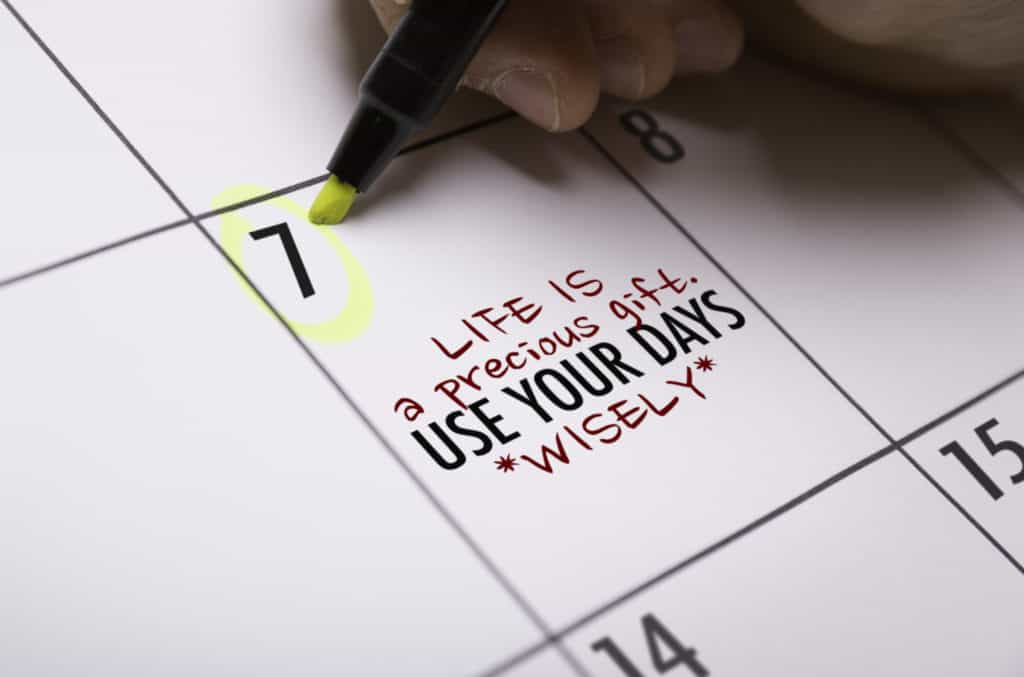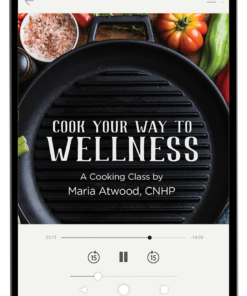In a recent blog post, I interviewed David Thomson, a medical hypnotherapist. After I completed the interview and wrote up my findings, it was suggested to me that I should also consider doing an article on prayer.
Well, dear readers, although I don’t consider myself an expert on this complex subject, I can nevertheless say that prayer has been a daily part of my life for well over twenty years. This happened only after I spent many years searching for answers. And when I did at long last find them, I returned to my childhood faith. Has it made a difference? Truthfully, more than anything else I can think of, prayer has brought me some very positive results—sometimes special and, yes, sometimes inexplicable.
Prayer is defined in part as “the act or practice of praying to God or a god.” In my particular life, I’ve gone from spending a simple fifteen to twenty minutes in prayer (expressing mostly my wants) to now spending one or two hours in that quiet state of adoration, petition, and giving thanks.
During that time, I’ve come to notice that my prayers are most often answered when I least expect it. Frequently, this answer takes the form of an inspiration to say or do something I’d not thought of before, or someone appearing in my life who offers me the very thing I prayed for. In other cases the answer to my prayer has been inexplicable…or dare I say miraculous?
Over time I’ve also developed an intuitive sense for recognizing that I’m simply not requesting the right thing, or that it’s not the right time. At these times I pray for acceptance; I try to leave it alone and stop questioning the why or the how.
What Do We Know About the Effects of Prayer?
I believe that prayer, in any particular form, is simply our individual way to plead, implore, give thanks, or think about those things that are particularly private and important to us. If you’re of a certain religious denomination, as I am, prayer is often about the grace we need to save our soul and merit that wondrous place we call heaven.
For as long as we’ve existed, every culture has practiced prayer. We believe there must be a greater power than ourselves, whether we call it God or a universal energy. For many of us, prayer is about our belief and hope that God will do for us what we know we cannot do for ourselves.
The bottom line, in my humble opinion, is that prayer (whatever form you use) is a very personal practice. Professionals, religious ministers, and average people all have their own opinions about it, to say the least. With this article, I don’t mean to dispute those who have already formed their opinions. Rather, I simply want to put forth my own personal observations in the hopes that one day prayer may become a part of your future life. It truly has everything to do with good health. “Spiritual nourishment” is what it’s called!
When Does the Practice of Prayer Start?
When I contemplate the issue of prayer, I find that it has many connections to childhood. Whether or not we take up the practice of prayer seems highly dependent on if we’ve had a religious upbringing. I believe there is a strong magnetic pull to pray into adulthood for those who were reared in religious households. It’s my own observation that what we’re taught in our childhood cannot be easily replaced by some new practice or belief system unless we experience a true conversion of mind, heart, and soul.
Of course, there are those who’ve had a religious upbringing but still, for whatever reason, abandon their childhood faith. These exceptions can sometimes be unfortunate as the person may feel a deep insecurity about their connection to God and the hereafter. In fact, I used to be that person. But after an enormous ordeal, I’ve since providentially returned to my childhood faith, and at last I’ve found a profound peace within myself.
From the world of science, we learn the following:
“Prayer is a special form of meditation and may therefore convey all the health benefits that have been associated with meditation.
“Different types of meditation have been shown to result in psychological and biological changes that are actually or potentially associated with improved health. Meditation has been found to produce a clinically significant reduction in resting as well as ambulatory blood pressure, to reduce heart rate, to result in cardiorespiratory synchronization, to alter levels of melatonin and serotonin, to suppress corticostriatal glutamatergic neurotransmission, to boost the immune response, to decrease the levels of reactive oxygen species as measured by ultra weak photon emission, to reduce stress and promote positive mood states, to reduce anxiety and pain and enhance self-esteem and to have a favorable influence on overall and spiritual quality of life in late-stage disease. Interestingly, spiritual meditation has been found to be superior to secular meditation and relaxation in terms of decrease in anxiety and improvement in positive mood, spiritual health, spiritual experiences and tolerance to pain [emphasis mine]…
“Prayer may result in benefits that are due to divine intervention.

“Although the very consideration of such a possibility may appear scientifically bizarre, it cannot be denied that, across the planet, people pray for health and for relief of symptoms in times of sickness. Healing through prayer, healing through religious rituals, healing at places of pilgrimage and healing through related forms of intervention are well-established traditions in many religions.”
—“Prayer and Healing: A Medical and Scientific Perspective on Randomized Controlled Trials,” Indian Journal of Psychiatry, October–December 2009.
What Happens to the Brain When We Pray?
There are those such as Dr. Andrew Newberg of Thomas Jefferson Hospital who think that medicine and prayer should work hand in hand. Newburg states: “‘As far as we know, it is not a cure for cancer…It is not going to cure somebody of heart disease. We can’t tell people to pray in order to get better—that doesn’t really make sense. The reason that it works is because it is part of the person’s belief system.’
“He [Newberg] said it was particularly ‘fun’ to watch what happened inside the brains of a group of Franciscan nuns when they joined together in a meditative prayer. The area of the brain associated with the sense of self began to ‘shut down,’ according to Newberg.
‘You become connected to God. You become connected to the world,’ he said. ‘Your self sort of goes away.’”
—“Power of Prayer: What Happens to Your Brain When You Pray?” NBC News, December 24, 2014.
In Conclusion
As I end this little dissertation about prayer, I’ll admit that in the past I was always fearful of even suggesting that prayer could make our lives more joyful and fulfilled. Why the reluctance? Well, for one, it’s not hip! When we talk about prayer, and in my case Christian prayer, it becomes essential to use the word God.
As I look back at my research, I see that even articles written by doctors and scientists make reference to prayer as an act of invoking God. Why then should I shudder when I advocate that we pray, pray, and pray some more!
In today’s society it seems that we want to please everyone—all the time and in all circumstances. But we cannot be too timid and concerned about tolerance that we fail to mention one of the most important things in life. Prayer to God. Amen and be blessed.
Note from Maria: I am a Certified Natural Health Professional, CNHP, not a medical doctor. I do not diagnose, prescribe for, treat, or claim to prevent, mitigate, or cure any human diseases. Please see your medical doctor prior to following any recommendations I make in my blogs or on my website.
Images from iStock/Wavebreakmedia (main), GeorgeRudy (surgeon praying), Ildo Frazao (calendar note).



